From the Post:
Athletic Department will consider phase-out of eliminated sports
Ohio University Director of Athletics Kirby Hocutt said he will consider a gradual phase-out of the eliminated sports to allow student-athletes to stay and play for OU.
“At this time, our decision (to cut the sports) is final, but we will allow some considerations for allowing players to finish their careers here,” Hocutt said.
In a meeting this evening, Hocutt and two other athletic department officials — Rob Andrey, associate athletic director for business and internal operations, and Amy Dean, associate athletic director — listened to student-athletes’ questions, concerns and accusations for an hour and a half. This discussion followed an hour-long meeting with Student Senate and its Student-Athlete Advisory Committee.
About 70 students attended the meeting with Hocutt and William Decatur, OU’s vice president for finance and administration, which featured a PowerPoint presentation explaining reasons for the cut programs. About 50 students followed them to another room for continued discussions.
Representatives of men’s indoor and outdoor track and field teams, men’s swimming and diving team and women’s lacrosse teams complained about a lack of student input and the finality of the decision, one that Hocutt said had to be made.
“The direction we’ve been going is transparent,” Hocutt said. “We have nothing to hide. We as an athletic department and as a university have to prioritize. We just don’t have enough money to do what we want.”
Although the athletic cuts will save the university an estimated $685,000, the athletic department will still operate at a deficit for the foreseeable future, Andrey said.
“We did evaluate the possibility of keeping all programs and projected the budget up through fiscal year 2010,” Andrey said. “We tried to identify every need of every sport.”
Andrey said if revenues increased 7 percent and expenditures increased 3 to 4 percent, the athletic department still would face an overall deficit of $8 million.
“You put a plan in place, and oftentimes, reality doesn’t follow what you planned,” he said. “We have returned every phone call from every parent to my knowledge and will continue to meet with students.”
OU, which will go through an NCAA compliance evaluation in 2008, created a seven-person advisory committee in summer 2006 to discuss the cuts. Before the decision was made, OU offered the second-highest amount of athletic programs in the Mid-American Conference but had the third-smallest operating budget.
“There is no way to maintain a balanced budget as mandated by (OU President Roderick McDavis) and add any sports,” Hocutt said.
Decatur said the options of generating revenue are limited.
“We can only push ticket prices so high,” he said.
Tuesday, February 6, 2007
Subscribe to:
Post Comments (Atom)




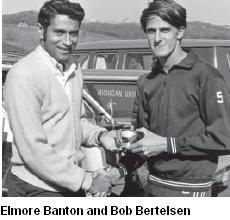

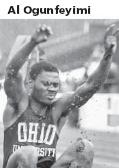




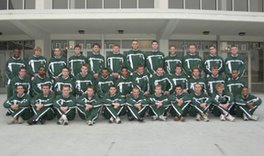


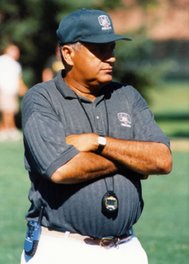




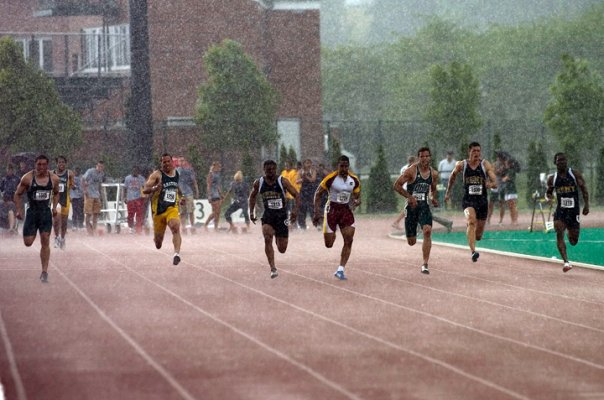
1 comment:
Thanks for wwriting
Post a Comment